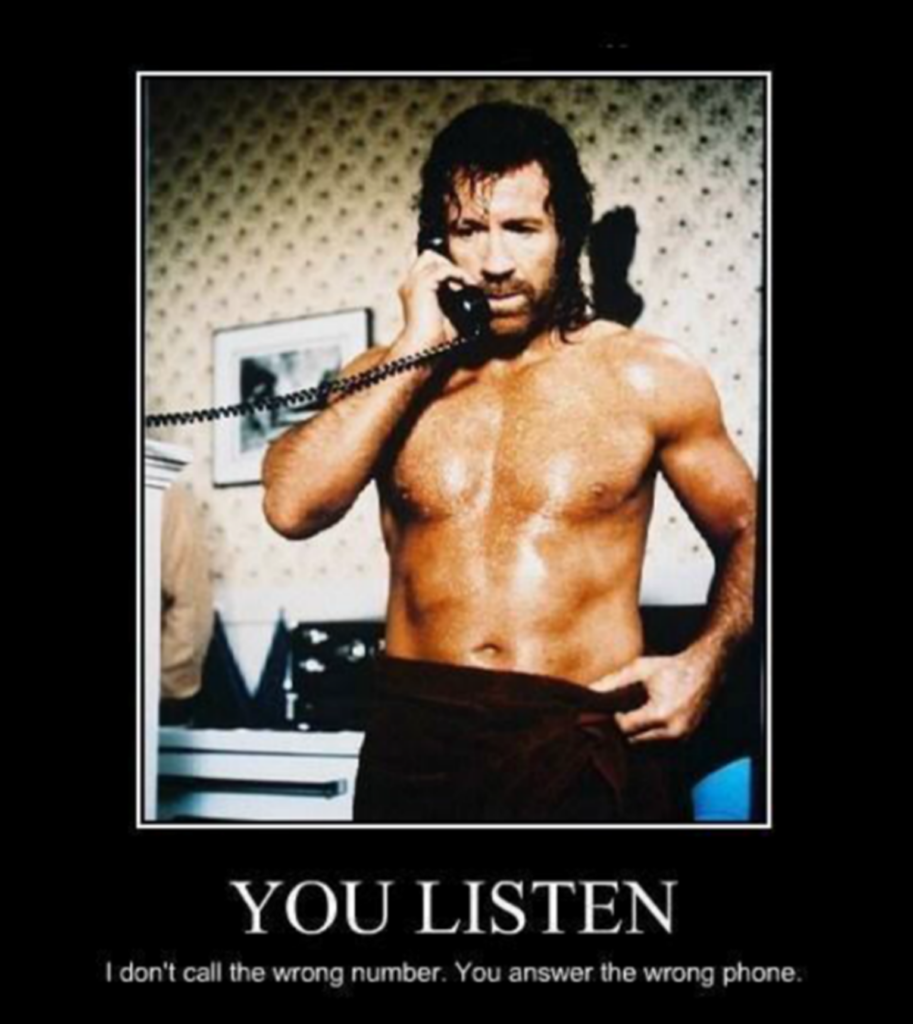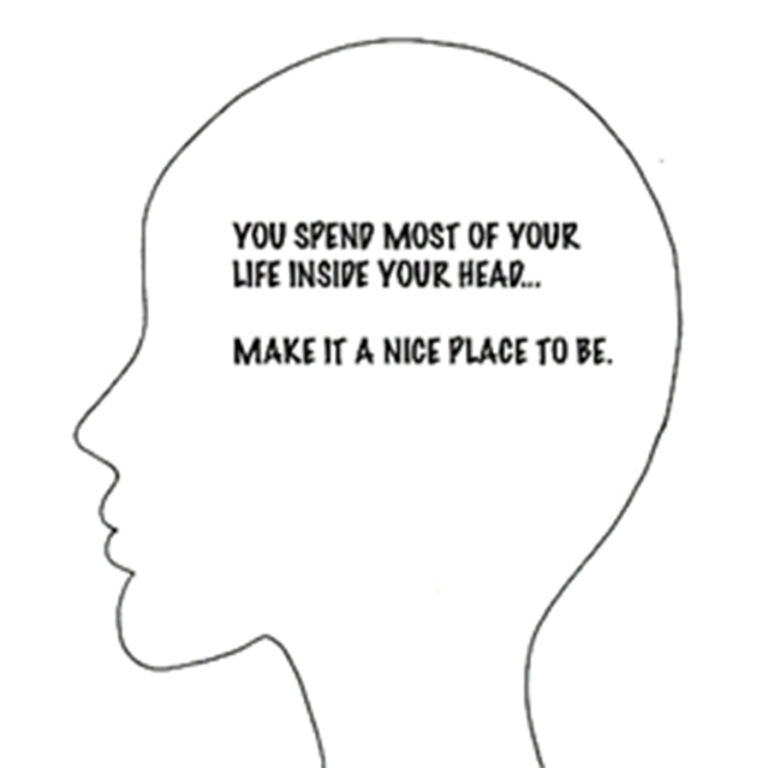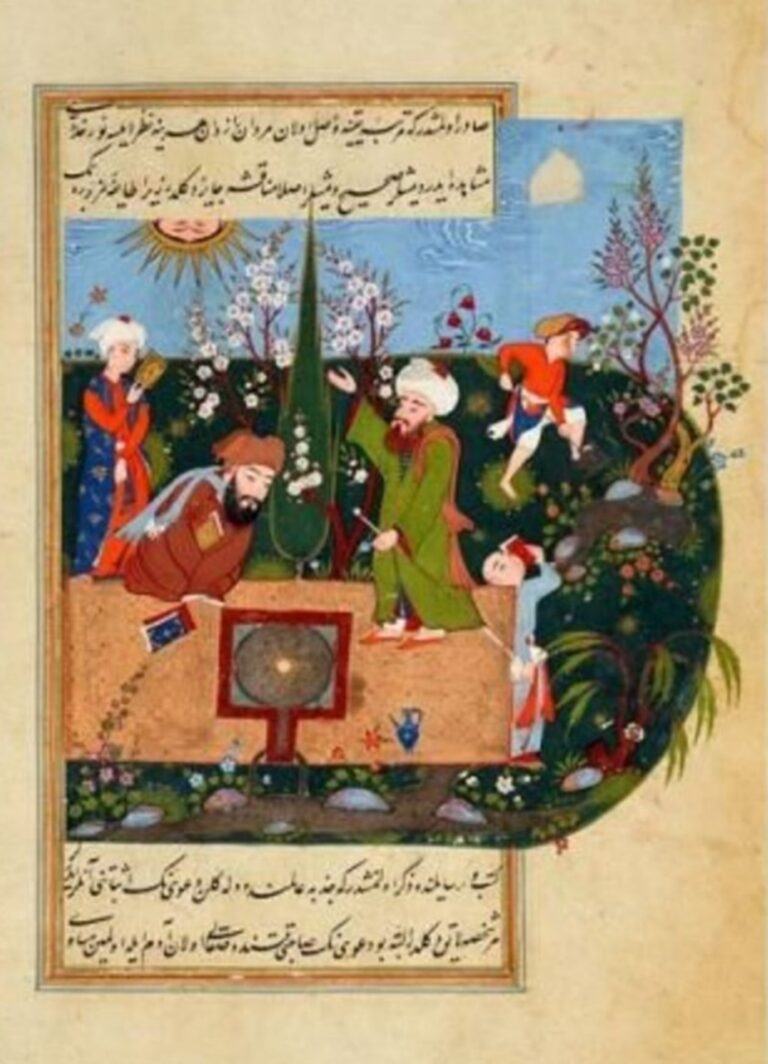Intellectual humility
“You listen, I don’t call the wrong number, you are answering the wrong phone”, says He in one of the many Chuck Norris jokes.

In a world where knowledge is often equated with power and success, and where everyone seems to be striving for intellectual supremacy, the quality of humbleness shines brightly as a symbol of wisdom and enlightenment.
Picture this: you’re at a dinner party, engaged in a lively debate about the merits of pineapple on pizza (a contentious topic, to be sure). Instead of passionately defending your stance as the undisputed truth, you find yourself chuckling and admitting, “Hey, I might be wrong, but I’m willing to hear you out!”
That is the essence of intellectual humility—a refreshing blend of curiosity, openness, and a healthy dose of self-awareness. It’s about a willingness to acknowledge the limits of one’s own knowledge and expertise, embracing the fact that none of us have all the answers, and that’s perfectly okay. In fact, it’s downright liberating!
Let’s face it: the pursuit of knowledge can sometimes feel like a never-ending game of intellectual superiority. From pompous speeches and BS language in project proposals, to scholarly snobbery, the world is filled with egos struggling for attention. But amidst all the chest-thumping, there’s something wonderfully refreshing about a person who’s willing to say, “You know what? I’m not sure about that. Let’s explore it together!”
Imagine a world where every debate was less about proving a point and more about seeking understanding. Where conversations weren’t battles to be won, but opportunities to learn and grow. It may sound like a utopian fantasy, but with a sprinkle of intellectual humility, it’s entirely within reach.
Why not approach the life with a sense of humility and humor, rather than arrogance and pride?
Arrogance creates a false perception of self-importance. Have you ever entered a taxi, only to be immediately offered the latest insights into macroeconomics and global politics by an overly self-confident driver? There’s actually a scientific basis for this phenomenon, where individuals with limited knowledge on a subject tend to overestimate their competence—known as the Dunning-Kruger Effect. It’s like thinking you’re a great chef after cooking a few instant noodles, only to find out you’re far from being prepared for MasterChef.
So how do we cultivate intellectual humility in our daily lives?
For starters, we can practice the fine art of active listening. By active listening I don’t imply merely nodding our heads and producing well-rehearsed “wow” sounds. Rather than waiting for our turn to speak, it involves genuine tuning into what others have to say. Who knows? We might just learn something new! For that to happen, first we must realize that we are not the smartest person in the room.
Secondly, let’s remember to approach life with a healthy sense of curiosity and wonder. After all, the world is a vast and fascinating place, filled with endless opportunities for discovery and delight. By keeping an open mind and a light heart, we can navigate the complexities of life with elegance and humor. And finally, let’s not be afraid to admit when we’re wrong. As much as we’d like to think otherwise, none of us are infallible. So why not embrace our mistakes with a good-natured chuckle and a willingness to do better next time?

The esteemed writer Umberto Eco was the owner of a large personal library boasting thirty thousand volumes. When asked “Wow! Signore professore dottore Eco, what a library you possess! How many of these books have you actually read?” he explained that books already read hold far less value than those yet to be explored. The unread books on his shelves seemed to gaze upon him, softly whispering the words of the physicist John Wheeler “As your island of knowledge grows, so does the shore of your ignorance’.

Of course, intellectual humility isn’t about downplaying our intelligence or settling for mediocrity. It’s about embracing the delightful messiness of being human and celebrating our imperfections —the laughter, the mistakes, and the joy of learning something new.
It’s about gracefully saying, “Oh, sorry, I dialed a wrong number. Have a great day!
Cheers!





